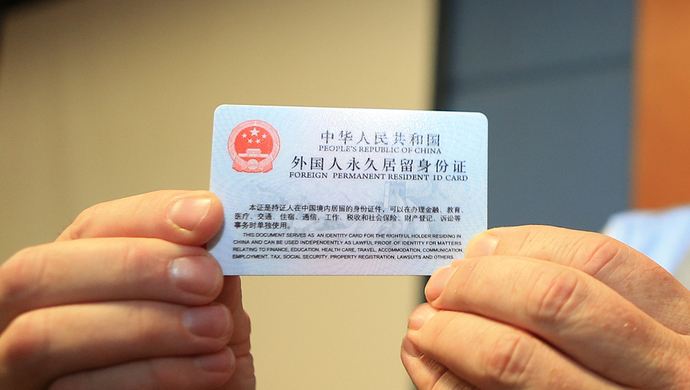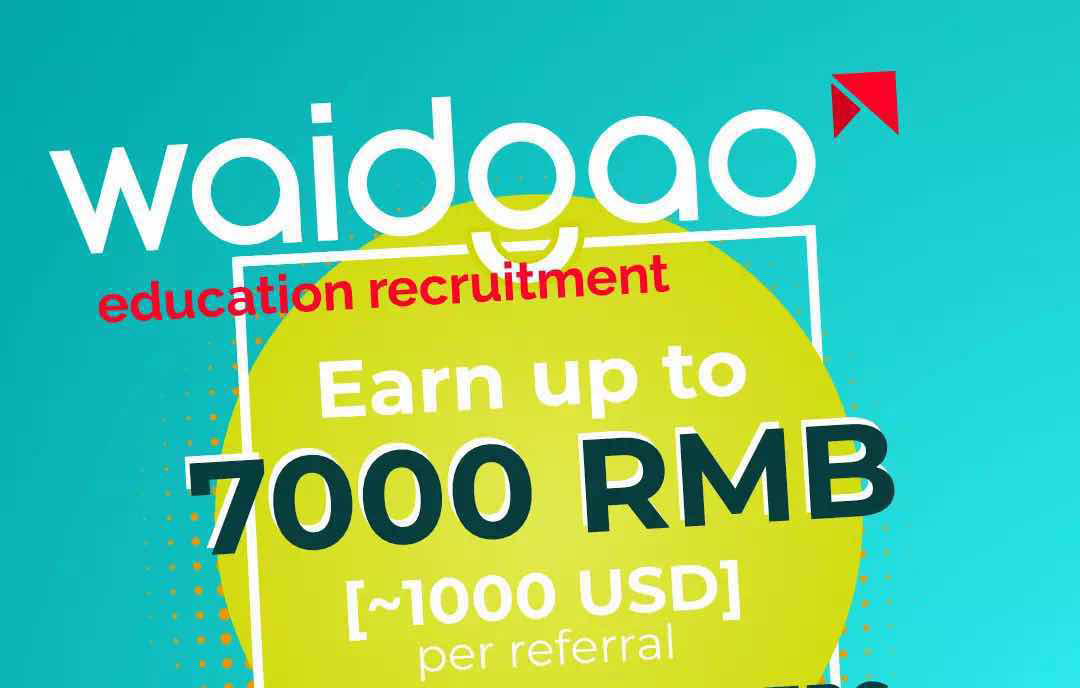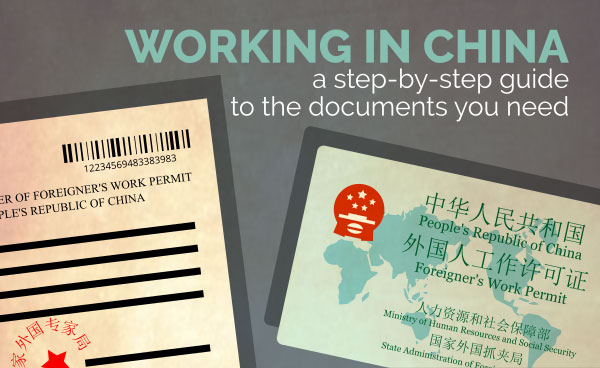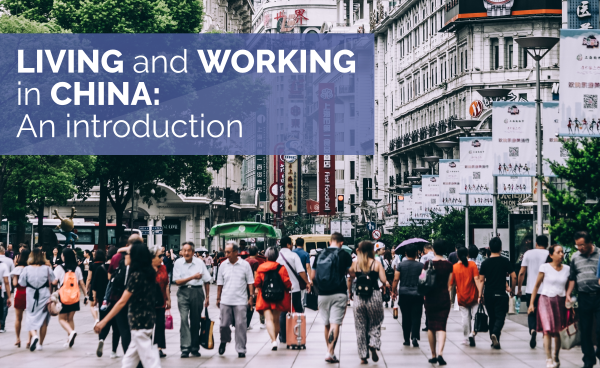
Before hopping on a plane and coming to China to start a new career and new life, make sure you fully discuss with your employer all of the following points and confirm that everything you agree upon is written into your contract! Also remember that although you'll probably want an English copy of the contract, the Chinese version almost always prevails.
Visa
Let's start with the visa, because without it, you can't legally work in China.
First, 'visa' is something of a misleading term, as there are multiple documents required to work in China, and the visa is only one of them - check out our article of the full explanation of the process.
Three questions arise about the visa: What kind of visa do you need? To what extent is the employer going to assist you in the process? And who is paying all the associated the fees (and they are numerous)?
For normal, full time work, most people need a Z visa, usually valid for one year, which means you'll have to renew it annually. There is also an R visa, the China Talent Visa, for foreign high-level personnel. This visa can be valid for up to ten years and the duration of each stay is limited to 180 days.
A good employer will do much of the heavy lifting for the application. The system is now all online and unified across the country. Your employer should initiate the application and inform you of what documents you need to supply - normally at least your highest degree attained and criminal record check, both notarized and authenticated, recent health check, and usually proof of minimum two year's previous employment, though this requirement is waived in certain circumstances. Again, read our article, Working in China: A step-by-step guide to the documents you need for more info.
Fees - As mentioned, there are a lot of fees. Application fees, courier fees, fees to cover notarization and authentication, fees for your medical check, fees for your residence permit - best to check with your employer first to see what they are willing to cover.
Remember, this is a
time-consuming process, so get started right away! You'll definitely need
your highest degree and criminal record check notarized and authenticated/apostilled. This involves several different parties and, depending on where you live, can also mean having to mail documents back and forth, so factor that into your timeline.
Make sure your passport has plenty of validity period left too, ideally at least 12 months. If not, get your passport renewed first and then apply for your visa. It's possible that at some point you might end up with two passports: an older, cancelled passport with your still-valid Chinese visa/residence permit, and a new passport. I've had this situation happen a couple of times. It's annoying having to carry two passports everywhere, but not technically a problem. If you do have a valid Chinese visa or residence permit in your passport when you go to renew it, make sure that you get your old passport back and that the passport office doesn't damage your Chinese document while they are voiding your old passport.
Salary
Salary is usually paid out once a month in China and generally quoted before tax. You can ask your employer how much you should expect to pay in tax, but you can also use one of these online calculators to get a rough idea.
Health insurance
Companies with a large number of foreign workers often have excellent international health care plans with large insurers. Smaller companies or those with no international employees might not. Either way, do some research on insurance plans with large, reputable insurers so you have an idea of what kind of coverage is available at what price point and discuss with your employer what they can offer you. Another option to investigate is Chambers of Commerce. They can also have group plans you can get in on if you're a member.
Airfare
It's fairly common for an employer to cover some of your airfare expenses to fly you to and from China. If they do, usually it's a single yearly return economy ticket from your home to your place of work. 'Home' is your point of employment - wherever you were residing when you first signed the contract. Some employers will cover the full expense of an economy ticket, regardless of the total. Others will offer up to a certain amount. Still others will let you book the ticket yourself and reimburse you later, sometimes much later (like 6 months, or even not until the end of your one year contract).
Housing allowance
Like insurance and airfare, housing allowance benefits vary widely across employers. Some offer it, some do not, and for those that do, what's on offer also varies. Some employers will offer a fixed apartment, normally at least semi-furnished, but usually not cover the cost of utilities. Others will offer a fixed monthly sum to go towards rent, and it's up to you to find a suitable living space. I've known some employers to offer an apartment, take it or leave it, and refuse to give the equivalent amount as a housing subsidy if the employee isn't satisfied with the apartment. In this situation it's at least monetarily in your interest to take the provided option, otherwise the entire cost of the apartment is paid out of pocket.
Relocation
Relocation costs, including shipping your possessions home at the end of your contract. Sometimes this is linked to how long you've been with the company - the longer your term of employment, the more money you are given to ship items back home. Or the employer might offer you nothing. As always, if it's important to you, ask.
Arrival and settlement support
On the ground support. Will someone fluent in English be there to help you? Ideally, your new employer has someone on staff whose job it is to smooth your transition to China. They'll help you with things like booking your air travel to China, airport pickup, setting up a bank account and cellphone service, and accompany you to the hospital and translate if you fall ill. None of these services are guaranteed, however, you have to check with the employer to make sure what they're offering. If it's a larger company used to hiring internationally, it's more likely that they will have dedicated staff for this purpose.
Family/dependents
If you're married and/or have children, check with your employer to see what benefits apply to your dependents. It's quite possible that your company will extend some of the same benefits you receive as an employee. For example, airfare, health insurance, and tuition for your children. Some companies will even help arrange job search services for your accompanying spouse.
Regardless of what benefits your company is willing to provide, the important thing is that you ask. Confirm beforehand what's on offer and what you should expect so there are no surprises or disappointments upon arrival.










 京公网安备 11011202001511号
京公网安备 11011202001511号